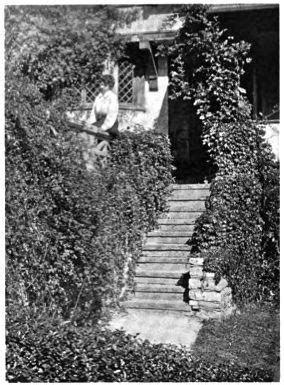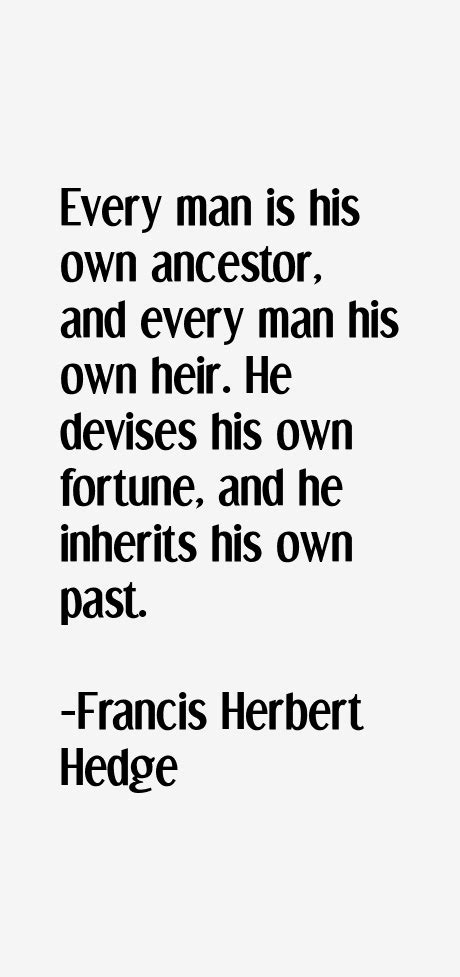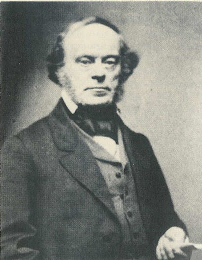A Quote by Erving Goffman
Approved attributes and their relation to face make every man his own jailer; this is a fundamental social constraint even though each man may like his cell.
Related Quotes
In whatever area in life one may meet the challenges of courage, whatever may be the sacrifices he faces if he follows his conscience - the loss of his friends, his fortune, his contentment, even the esteem of his fellow men - each man must decide for himself the course he will follow. The stories of past courage can define that ingredient - they can teach, they can offer hope, they can provide inspiration. But they cannot supply courage itself. For this each man must look into his own soul.
And because the condition of Man, (as hath been declared in the precedent Chapter) is a condition of Warre of every one against everyone; in which case every one is governed by his own Reason; and there is nothing he can make use of, that may not be a help unto him, in preserving his life against his enemyes; It followeth, that in such a condition, every man has a Right to every thing; even to one anothers body.
We may gamble on outsmarting the law; we may even gamble on the leniency of man and the mercy of God-but no man ever won a gamble with his own conscience. Even should he think he has beaten his conscience into submission, his misdeeds still leave their mark upon him. Anyone who gambles against this fact has already lost his gamble.
Impress upon children the truth that the exercise of the elective franchise is a social duty of as solemn a nature as man can be called to perform; that a man may not innocently trifle with his vote; that every elector is a trustee as well for others as himself and that every measure he supports has an important bearing on the interests of others as well as on his own.
But a man's best friend is the one who not only wishes him well but wishes it for his own sake (even though nobody will ever know it): and this condition is best fulfilled by his attitude towards himself - and similarly with all the other attributes that go to define a friend. For we have said before that all friendly feelings for others are extensions of a man's feelings for himself.
It is a proverbial expression that every man is the maker of his own fortune, and we usually regard it as implying that every man by his folly or wisdom prepares good or evil for himself. But we may view it in another light, namely, that we may so accommodate ourselves to the dispositions of Providence as to be happy in our lot, whatever may be its privations.
In the absence of government each man learns to think, to act for himself, without counting on the support of an outside force which, however vigilant one supposes it to be, can never answer all social needs. Man, thus accustomed to seek his well-being only through his own efforts, raises himself in his own opinion as he does in the opinion of others; his soul becomes larger and stronger at the same time.
In the beginning the Gods made man, and fashioned the sky and the sea, And the earth's fair face for man's dwelling-place, and this was the Gods' decree: "Lo, We have given to man five wits: he discerneth folly and sin; He is swift to deride all the world outside, and blind to the world within: So that man may make sport and amuse Us, in battling for phrases or pelf, Now that each may know what forebodeth woe to his neighbor, and not to himself.




































